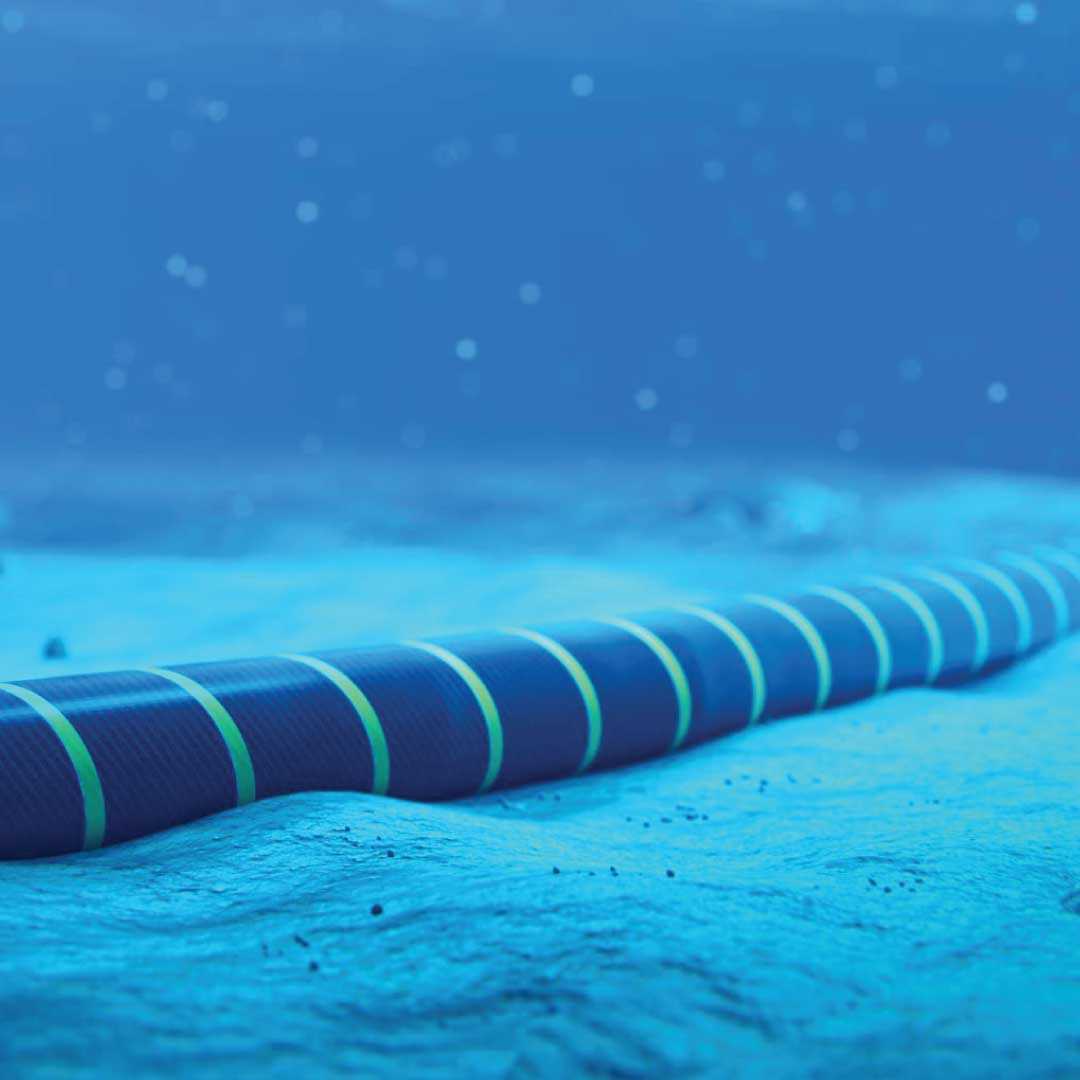On Tuesday, Morocco announced a $3.6 million investment to digitize auctions in 45 wholesale fisheries markets nationwide.
This initiative is part of the Halieutis strategy, launched in 2009, aimed at modernizing the fisheries sector to improve transaction transparency and product traceability.
State Secretary Zakia Driouich explained that the digitization will cover all documents used in these markets, allowing better tracking of seafood flows and reducing informal practices in marketing channels.
The fisheries sector contributes about 2.3% to Morocco’s GDP and employs over 700,000 people directly and indirectly. In 2024, the sector produced 1.42 million tons of seafood valued at 16.3 billion dirhams.
By automating sales processes, the government expects to enhance operational efficiency and create a foundation for connecting various stages of the seafood value chain, from catch to distribution. The project covers 45 70 wholesale markets, with plans to extend digitization to landing sites and fishing villages.
Boosting sustainable fisheries and International cooperation
This digitization effort aligns with Morocco’s commitment to sustainable fisheries and food security. Zakia Driouich emphasized Morocco’s dedication to preserving marine ecosystems and developing an inclusive blue economy in Africa through scientific and technical cooperation.
During the 7th Halieutis Fair held earlier this year, Morocco strengthened partnerships with African countries such as Côte d’Ivoire, Somalia, and Gabon to promote sustainable fishing practices and innovation.
Morocco also maintains a long-standing fisheries partnership with Russia, dating back to the 1960s.
Recent discussions between Morocco’s fisheries officials and the Russian Federal Fisheries Agency focused on new agreements to optimize fishing quotas, promote scientific cooperation, and ensure resource preservation.
Additionally, Morocco is expanding cooperation with the Sultanate of Oman in maritime training, fishing activity monitoring, and seafood marketing.
Research and innovation are key pillars of Morocco’s fisheries development. Investments in oceanographic vessels and regional research centers aim to improve understanding of marine ecosystems and fish stocks.
Artificial intelligence is being explored to monitor fish populations in real time and address environmental challenges. These efforts support the sustainable management of fisheries and the economic growth of the sector.











